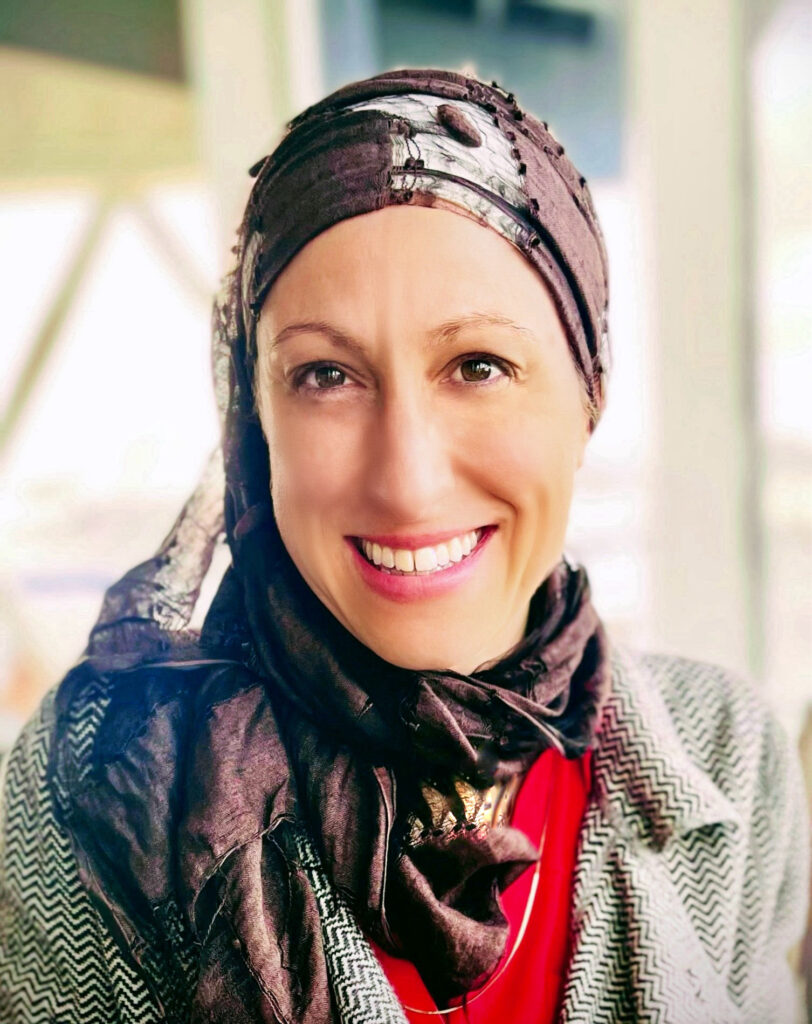
Academic Affiliation: Groton School
Title: “Muslim Feminist Thought Leadership and Feminist Theology”
Abstract:
Over the past forty years, Muslim Feminist theology has emerged as a transformative field of constructive theological inquiry. As scholarly investigations into the gendered dimensions of classical Islamic ethics and jurisprudence proliferate, Muslimah theologians engage the Qur’an and authoritative early Islamic sources through distinct hermeneutical approaches that privilege female experiential knowledge as a legitimate—and indispensable—theological source. Their scholarship seeks to sway public opinion, impact Muslim subcultures, and embolden generations of scholar-practitioners to maintain fidelity to Islamic convictions and methods of spiritual cultivation while simultaneously addressing practical challenges arising from the messy realities of life. Centering the Qur’an as the primary authoritative source, Muslimah theology interrogates fundamental questions of social ethics, female corporeal and intellectual autonomy, and the transformative potential of liberative feminist epistemes to critique gender-conservative religious discourse. Their scholarly interventions in hadith studies, Islamic ethics, and legal theory address pressing questions emerging from contemporary Muslim communities—spanning issues from female spiritual worth to embodied religious praxis. These scholars seek to address contemporary ethical challenges that are exacerbated by imbalanced and unjust social hierarchies and other forms of systemic corruption. Muslimah theologians engage in interreligious dialogue, contribute to comparative theological discussions, and their methodological innovations in Qur’anic studies illuminate novel dimensions of divine discourse. These scholars have developed sophisticated interpretive paradigms that synthesize classical exegetical principles with contemporary analytical tools drawn from feminist theory, semantic analysis, and literary hermeneutics. Methodological innovations of Muslimah theologians advance gender-inclusive readings of the Qur’an while drawing upon phenomenological frameworks in religious studies. Their work intersects with broader academic debates in religious studies concerning women’s liberation and the capacity of premodern religious discourse to advance contemporary female dignity, agency, and flourishing
